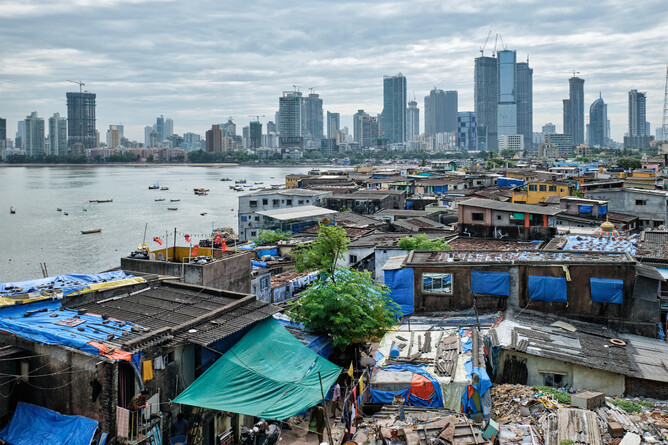Part 2
Last week we contrasted the way the Bible portrays the plight of the poor with the assumptions of our own developed society. Now we’ll consider two modern definitions of poverty, each of which says different things about poverty’s nature.
1. Poverty as deficit
As we discussed last week, this 20th century view sees poverty as the absence of stuff—that the poor don’t have enough food or access to safe water, schools and health care. Of course it often is the case that they don’t have these basic needs. However this view can confuse the symptoms with the disease. We need to ask, “Why don’t the poor have these things?”
The answers vary, but we saw many named in Psalm 10: The poor may be “hunted,” victims of greedy schemes, lied about, threatened, and ambushed. They are often helpless, disempowered, oppressed or plundered.
Responses that don’t address any of these underlying causes are inadequate.
That is true here in Australia. There are reasons why some Australians are poor—family breakdown, the death of the breadwinner, unemployment. You can give people material things, but unless the reasons behind the poverty are addressed they may soon be back where they started. The same is true in developing countries.
If we see poverty as the absence of stuff, and the solution as providing what is missing, the poor are reduced to passive recipients. This demeans and devalues God’s image-bearers. If we view them as defective and inadequate, this can easily become their view of themselves.
And for us, the natural conclusion of this viewpoint is to see ourselves as superior—perhaps even as saviours who rescue the poor with our stuff. This promotes materialism and frames possessions as the solution to life’s problems. It is an unbiblical view of the poor, of us, and of material things.
2. Poverty as disempowerment: The recent and ancient view
To say that the poor are disempowered means that they don’t have what they need because they lose out to more powerful people and lack recourse to justice.
The poor lack social power. They are less able to resist unfair treatment by politicians, police, the courts, land owners and businesses. They become easy prey for companies who take their land for logging or mining, and they are less likely to receive proper compensation or income. The poor are often excluded from community decision-making and their voices are not heard.
The powerful live on the best land while the powerless try to survive on flood plains, deserts or at high altitudes. This may result in less income, poorer nutrition and more frequent natural disasters.
In cities, the poor squat illegally on vacant land or under bridges and live with the constant threat of eviction. This can impact physical strength and mental capacity. Physical weakness becomes both a cause and a result of poverty, leading to further disempowerment.
Next week we’ll take a deeper look at the social and spiritual causes for this disempowerment.
Ross Farley
Orignally Published In Serving Together, an Australian Missionary Tidings (AMT) Publication. Used With Permission. www.amtglobal.com.au

